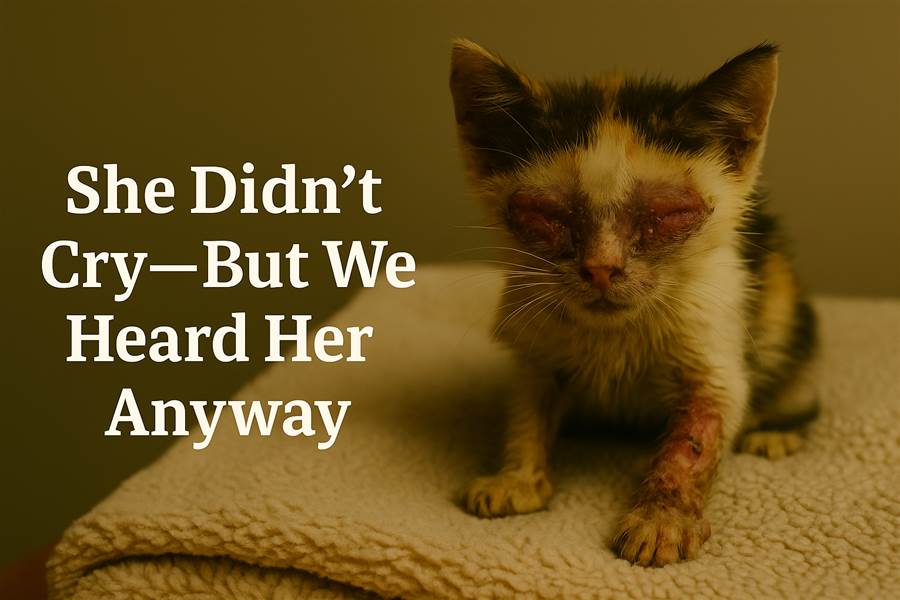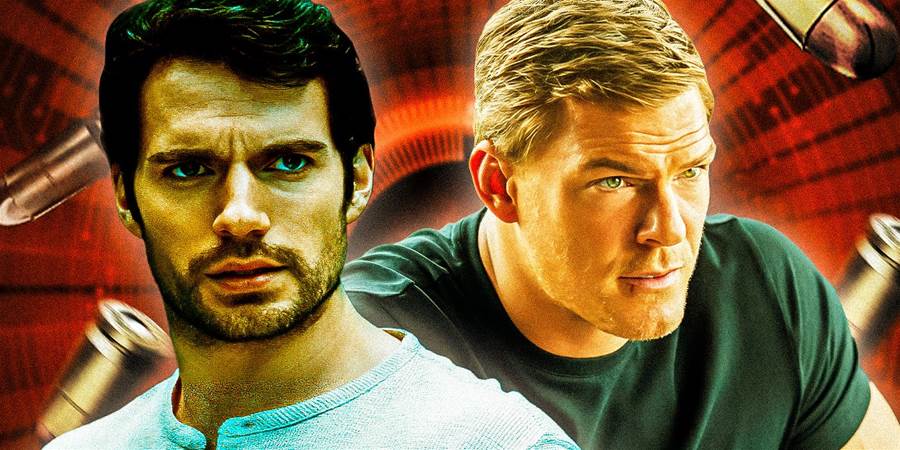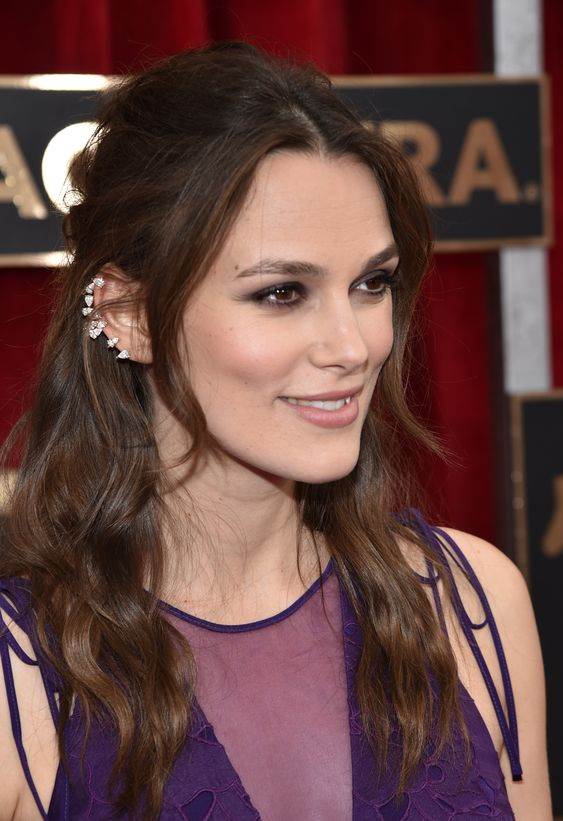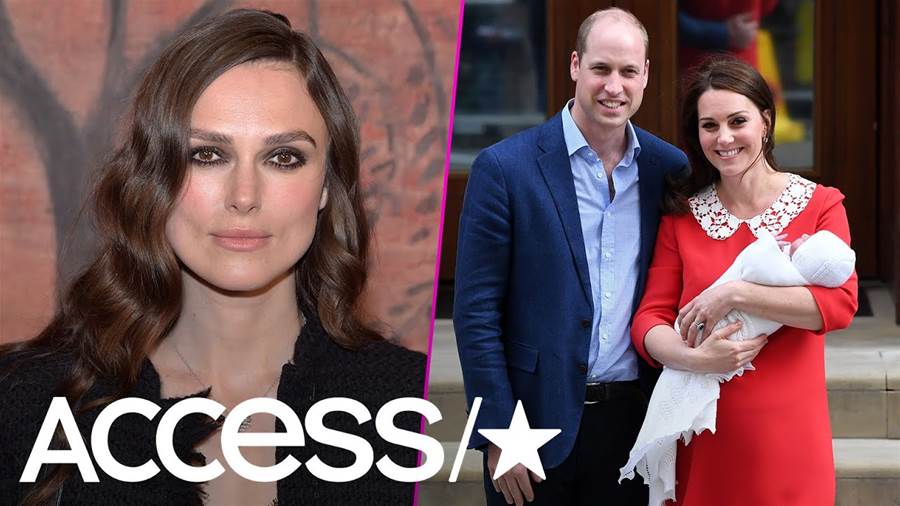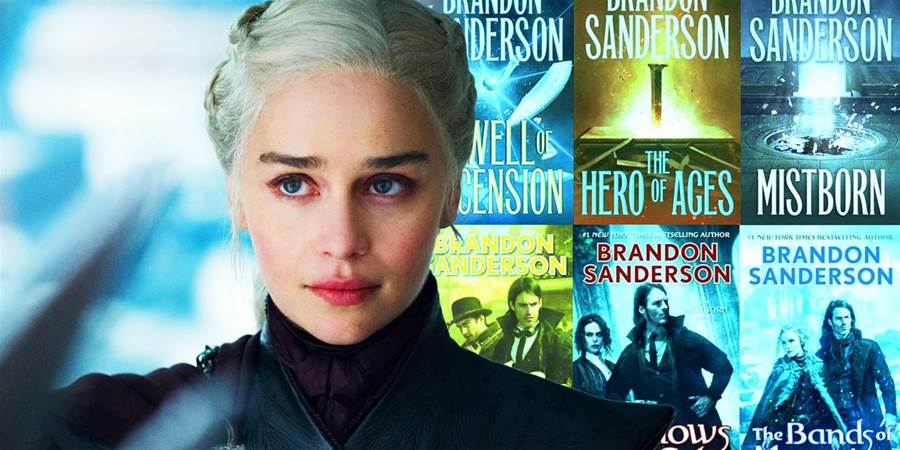
A potential film adaptation of Brandon Sanderson's Mistborn series would have an extensive story to tell, but if executed correctly, it could explore the narrative that HBO's Game of Thrones was hesitant to delve into. Running from 2011 to 2019, Game of Thrones swiftly gained immense popularity, becoming one of the most beloved television shows of all time. It is not surprising considering the similar fame and adoration garnered by George R.
One of the remarkable aspects that sets Game of Thrones apart as a fantasy series is its penchant for subverting expectations and portraying morally complex characters. In this regard, Mistborn shares a similarity, yet Sanderson's books weave a storyline that Game of Thrones fails to explore thoroughly.
The article is not finished. Click on the next page to continue.
